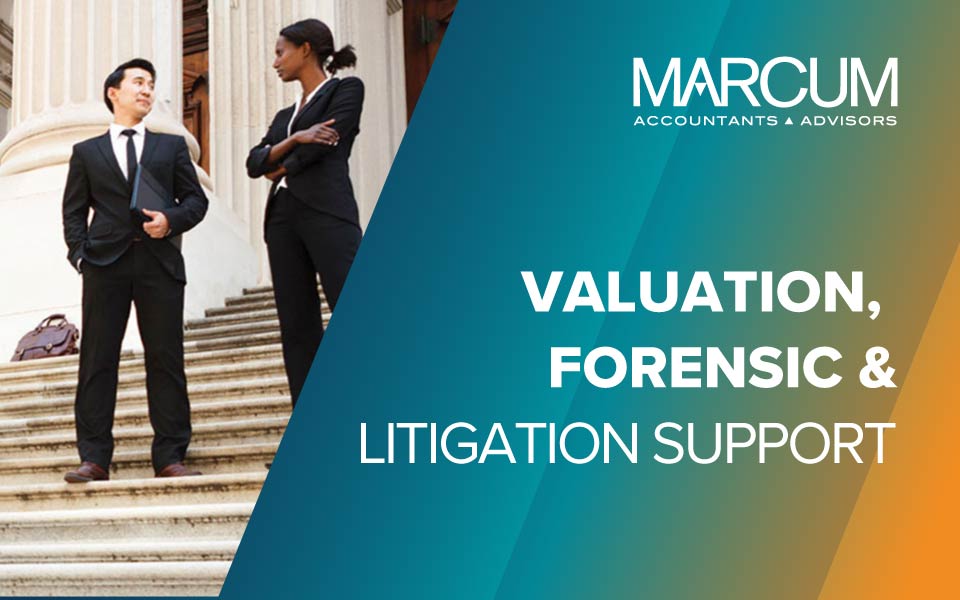Credibility in Expert Testimony

“It takes 20 years to build a reputation and five minutes to ruin it. If you think about that, you’ll do things differently.” -Warren Buffett
After reflecting on Warren Buffett’s quote, it seems clear to me that the Oracle of Omaha would have been wildly successful in just about any career path he decided to pursue, whether that were acting, medicine, law, or any number of other professions. I find this quote to be particularly apt in our line of work, as we are asked to serve as financial experts in complex litigation matters. Perhaps that is because not a week goes by when this quote is not tossed out in a client discussion or an internal team meeting. As I thought about it, though, I started to wonder, “What really makes an expert credible?”
To answer that question, one must really understand the role of the financial expert in litigation. In that regard, the expert’s job is to express an opinion to assist the trier of fact (i.e., a judge or jury) to understand evidence in an area of specialized knowledge, such as science, engineering, finance, and so forth. The critical concept of credibility is embedded in this role, as the expert’s audience is the judge or jury, not the plaintiff or defendant (though, in most cases, the expert is hired by one or the other). It is well documented that objectivity is the central characteristic of a credible expert witness. Listed below, however, are some of the more nuanced factors that help the expert offer compelling testimony to the trier of fact.

Experience, Qualifications, and Credentials: Because of the highly specialized nature of the work that experts are engaged to perform, the expert is most credible when he or she possesses specific, relevant, specialized knowledge on the subject matter. Extensive experience working on similar engagements can further bolster the expert’s ability to withstand scrutiny. Finally, holding of relevant credentials and the related continuing education required in maintaining such credentials (e.g. CPA, ABV, CVA) is a critical component in qualifying an expert to provide testimony.
Mastery of the Facts: While a complete, deep understanding of the facts of the case on the part of the expert is a prerequisite to formulating an opinion, the often highly complex nature of the work and large volume of evidence can create challenges in understanding all of the idiosyncrasies of those facts and their impact in the context of the case at hand. As a colleague said to me the other day, “assembling a complex damages report is much like piecing together a mosaic. On one hand, the expert must understand the matter in acute detail and, on the other, have the capability to distill these highly complex facts and analysis into approachable, understandable testimony.”
Application of Generally Accepted Methods: Because of the unique set of circumstances, facts, and evidence in each matter, experts may sometimes prepare their analyses using creative methods. While an element of creativity is certainly necessary in developing any expert report, the expert must always keep in mind the foundations set by generally accepted methods in valuation and damages computation.
Demeanor and Presentation: The expert’s ability to explain complicated concepts in a clear, logical, and concise manner is an immensely important factor in providing strong, compelling testimony. Once again, balance between the theoretical and the practical is a critical aspect of serving as an expert. Further, while most readers may jump to the importance of oral presentation (the testimony itself), the expert can offer value to all parties by providing a sound, fact-based analysis in a clear, well-written report. Many cases are settled far in advance of deposition and trial testimony, and thus the ability to communicate findings in written reports can be hugely helpful in reaching settlements. When it comes to oral testimony, many factors can determine how an expert plays in courtroom, such as style, likeability, and energy.
For more tips on being a credible expert witness, leave a comment below. Our Valuation and Litigation advisors are more than happy to answer your questions.

















